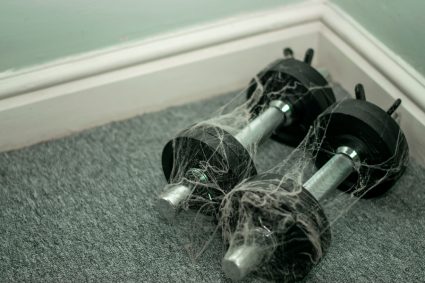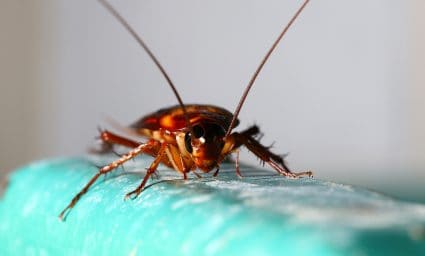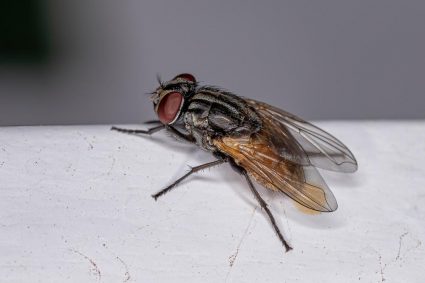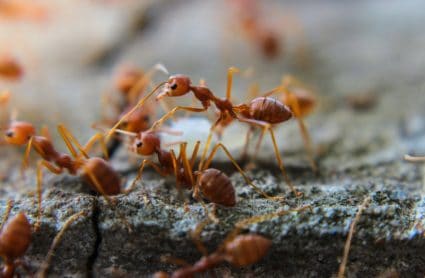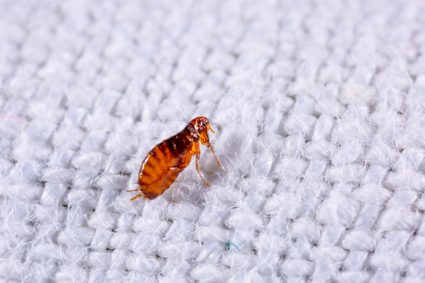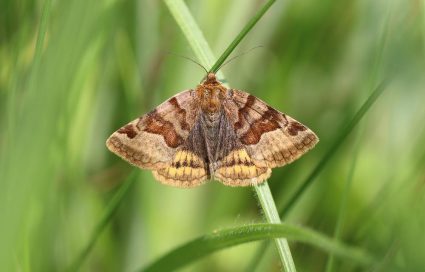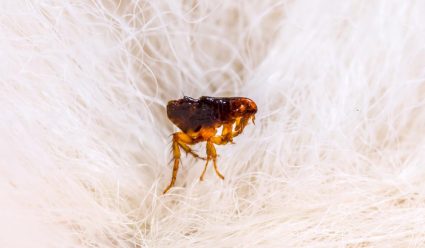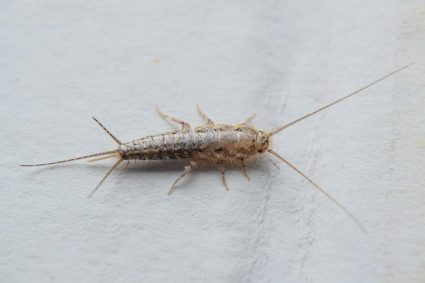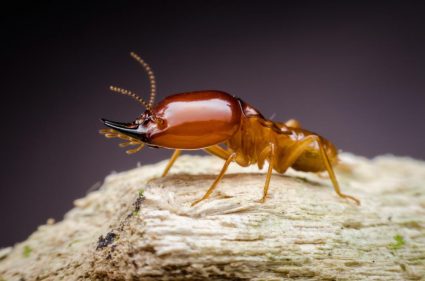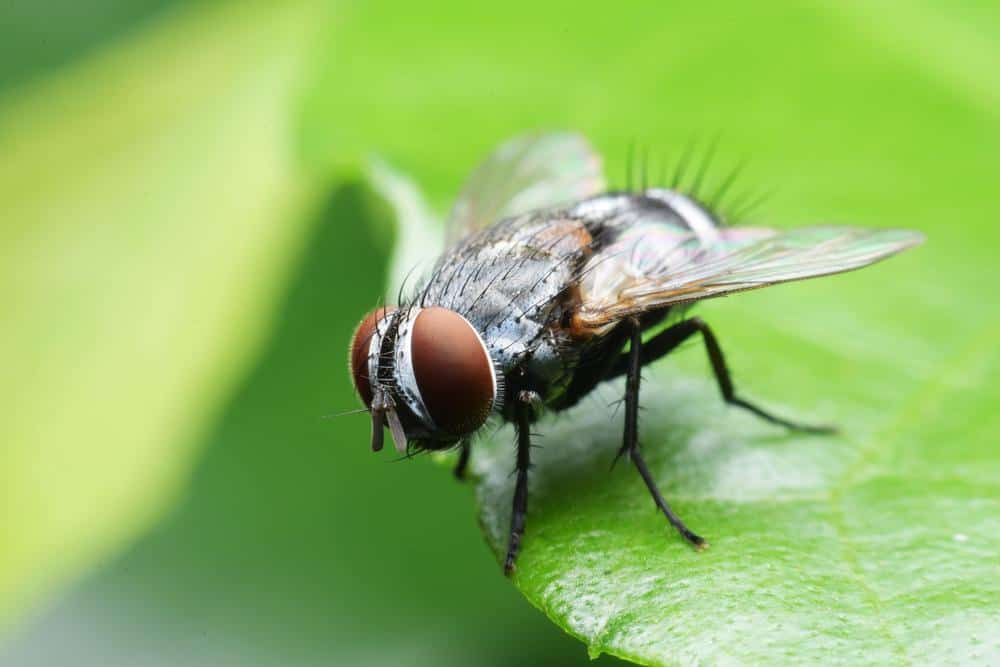
Deer flies are a common nuisance around pools during the summer months. These small, blood-sucking insects are not only annoying, but their bites can be painful and potentially cause allergic reactions. In this comprehensive guide, we’ll explore the habits of deer flies, discuss why they’re attracted to pools, and provide effective strategies to keep them away.
To keep deer flies away from your pool, maintain cleanliness, use natural repellents like essential oils, and install traps around the pool area. Wearing light-colored clothing can also deter these insects. Setting up fans around the pool area and eliminating standing water can help as well. If the infestation is significant, consider seeking professional help.
Understanding Deer Flies
Deer flies are typically found in moist habitats like marshes, woodland ponds, and streams. They’re visually oriented and are drawn to shiny, reflective surfaces, such as water. Moreover, they’re attracted to movement and carbon dioxide, which is why they tend to swarm around people.
Adult deer flies range from about ¼ to 1/3 inches long, with clear wings that have dark bands or patches. Their bodies are gray or light brown, and some species have yellow and black striping. Female deer flies feed on blood, which they require to produce eggs, while male deer flies feed on pollen. The bites of female deer flies are painful and can cause swelling.
Why Are Deer Flies Attracted to Pools?
Deer flies are attracted to pools mainly due to their need for moisture to breed and lay their eggs. The shiny, reflective surface of water is also a draw for these insects. Additionally, the movement and carbon dioxide emitted by people around the pool can attract deer flies.
Effective Strategies to Keep Deer Flies Away from Your Pool
To deter deer flies from your pool area, you can use a combination of natural and commercial methods. Here are some effective strategies:
Maintain Cleanliness
Keeping your pool area clean and tidy is the first step in deterring deer flies. Remove any debris and maintain the surrounding landscape to discourage deer flies from breeding nearby.
Use Natural Repellents
Essential oils like peppermint, citronella, lavender, and eucalyptus can act as natural repellents. Mix these oils with a carrier oil like jojoba or almond oil and apply to your skin or spray around the pool area.
Install Traps
Hang sticky fly paper or sticky traps around the pool area to attract and trap deer flies. Commercial deer fly traps like the HORSE PAL® fly trap are also an option.
Dress Appropriately
Deer flies are attracted to dark colors, so wearing light-colored clothing can help deter them.
Use Fans
Setting up fans around the pool area can create air movement, which can help deter deer flies.
Eliminate Standing Water
Clean out any standing water from pet bowls, gutters, birdbaths, and kiddie pools, as these provide breeding grounds for deer fly larvae.
Maintain the Landscape
Eliminate weeds and mow the lawn regularly to reduce hiding places for adult deer flies.
When to Seek Professional Help
If you find a significant deer fly infestation around your pool, it may be time to seek professional help. Pest control professionals can provide effective solutions to manage the deer fly population and prevent future infestations.
Conclusion
While deer flies can be a nuisance around pools, there are effective strategies to keep them at bay. By understanding their habits and implementing the preventative measures discussed in this guide, you can create a more enjoyable and deer fly-free pool environment. Remember that results may vary, and it might be necessary to combine multiple methods to achieve the desired level of deer fly control.
Frequently Asked Questions
What time of day are deer flies most active?
Deer flies are most active during the day, particularly in warm, sunny conditions. Their peak activity tends to be in the late spring and early summer.
Are deer flies dangerous?
While deer flies are not generally dangerous, their bites can be painful and cause swelling. Some people may also have allergic reactions to their bites. It’s also worth noting that deer flies can carry diseases such as tularemia, though this is relatively rare.
How long do deer flies live?
The lifespan of a deer fly is typically around 30 to 60 days. Female deer flies live longer than males because they hibernate over the winter.
Can deer flies swim?
No, deer flies cannot swim. However, they are attracted to water as it provides a suitable environment for them to lay their eggs.
Do deer flies bite dogs?
Yes, deer flies can bite dogs. If your pet is frequently outdoors during deer fly season, it may be at risk of bites. You should consult with a vet for appropriate repellents or treatments.
Can I use insect repellent to deter deer flies?
Yes, insect repellents containing DEET or Picaridin can help deter deer flies. Be sure to follow the instructions on the product label for safe and effective use.

